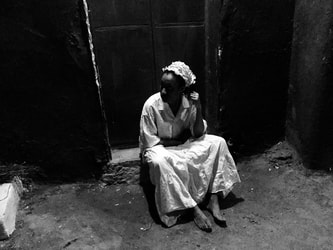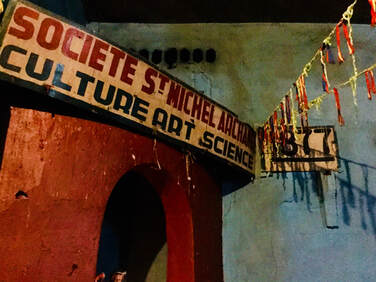Sak Rete Ou?
The Blog 'Sak Rete Ou?' (What's Stopping You? in Haitian Creole), holds space for reflections, meditations, poetry, video blogs, and capacity to captivate readers through creative writing. To the question, sak rete ou?, we respond "Nou Se Kriyol!" (We are the Children! in Haitian Creole), implying and calling on the strength, kindness, and revolution of our Haitian ancestors to move forward!


 RSS Feed
RSS Feed